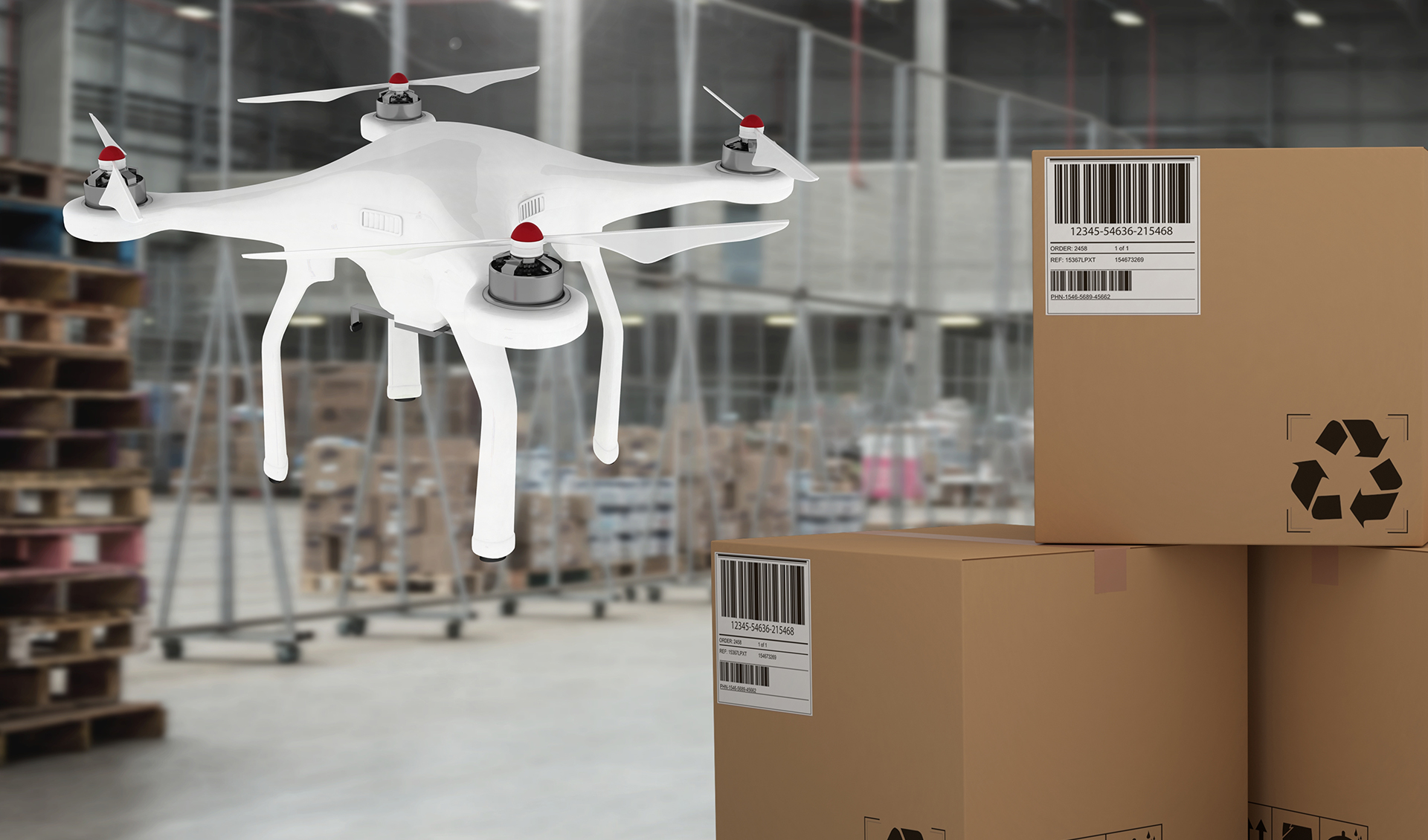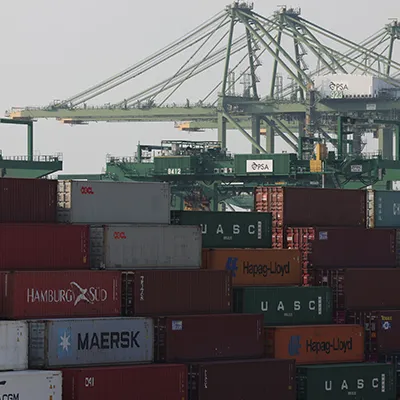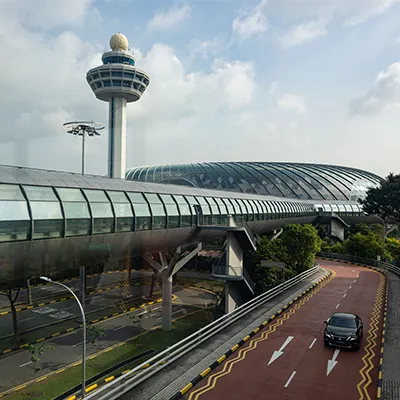The urban environment is a specific challenge for logistics companies and particularly so in ASEAN. The last mile of the logistics chain, which accounts for a large proportion of shipment costs and complexity of operations, is often the most inefficient. This distribution inefficiency in urban areas comes from low load factors, long dwell times at loading and unloading points and a high number of delivery requirements to individual customers within a short time.
Two of the major challenges common to the last mile pertain to unconsolidated deliveries and high delivery failure rates. For the former, the lack of order and delivery coordination between retailers has resulted in customers receiving multiple deliveries and a substantial amount of time waiting for their parcels. At the rate that consumers are turning to e-commerce for their needs, this is an issue that needs to be addressed. For the latter, delivery failure rates have exceeded 15 per cent signalling a need for improvement in the current modus operandi.
Failed deliveries incur extra delivery costs for companies as they make repeated trips to the same doorstep. As the e-commerce market in ASEAN grows to a predicted US$88 billion (S$120 billion) in less than a decade, last mile delivery solutions must develop at the same pace to satisfy the expectations of millions of customers. Singapore is currently undergoing some last mile delivery developments and transformation:
TR46: Technical reference for last mile delivery
Jointly launched by the Singapore Manufacturing Federation-Standards Development Organisation (SMF-SDO), Infocomm Development Authority of Singapore and SPRING Singapore, the TR46:2016 aims to standardise dataset formats and streamline delivery processes between e-commerce retailers and logistics service providers.
A common format will vastly improve communication between the various players in the e-commerce supply chain; effectively reducing time, costs, and delivery errors, and enabling a seamless experience for customers.
Smart lockers
In Singapore, the Infocomm Media Development Authority (IMDA) has been tasked to deploy a nationwide federated locker network to transform the future of last mile deliveries in Singapore and reduce house-to- house delivery inefficiencies, especially given the increase in online shopping. Citing data from logistics providers, IMDA said that more than one in 10 deliveries could not be fulfilled due mostly to recipients not being at home. The locker system proposal will not be tied to any single operator, and can be used by all couriers, potentially benefiting more than 7,600 logistics service providers operating in the country.
Drone deliveries
The usage of drones is constantly evolving in ASEAN with many developments in various countries. Drone deliveries cost less to operate than traditional ground vehicles resulting in cost savings. Delivery time is also greatly shortened allowing for the fulfilment of same-day delivery for customers.
In September 2015, Singpost successfully conducted a recipient – authenticated delivery via an Unmanned Aerial Vehicle, its payload included a letter and T-shirt. Furthermore, Singpost signed a partnership agreement with Airbus Helicopters in April 2017, with aims to develop an aerial drone delivery system for the urban city.
E-commerce case studies in Singapore








